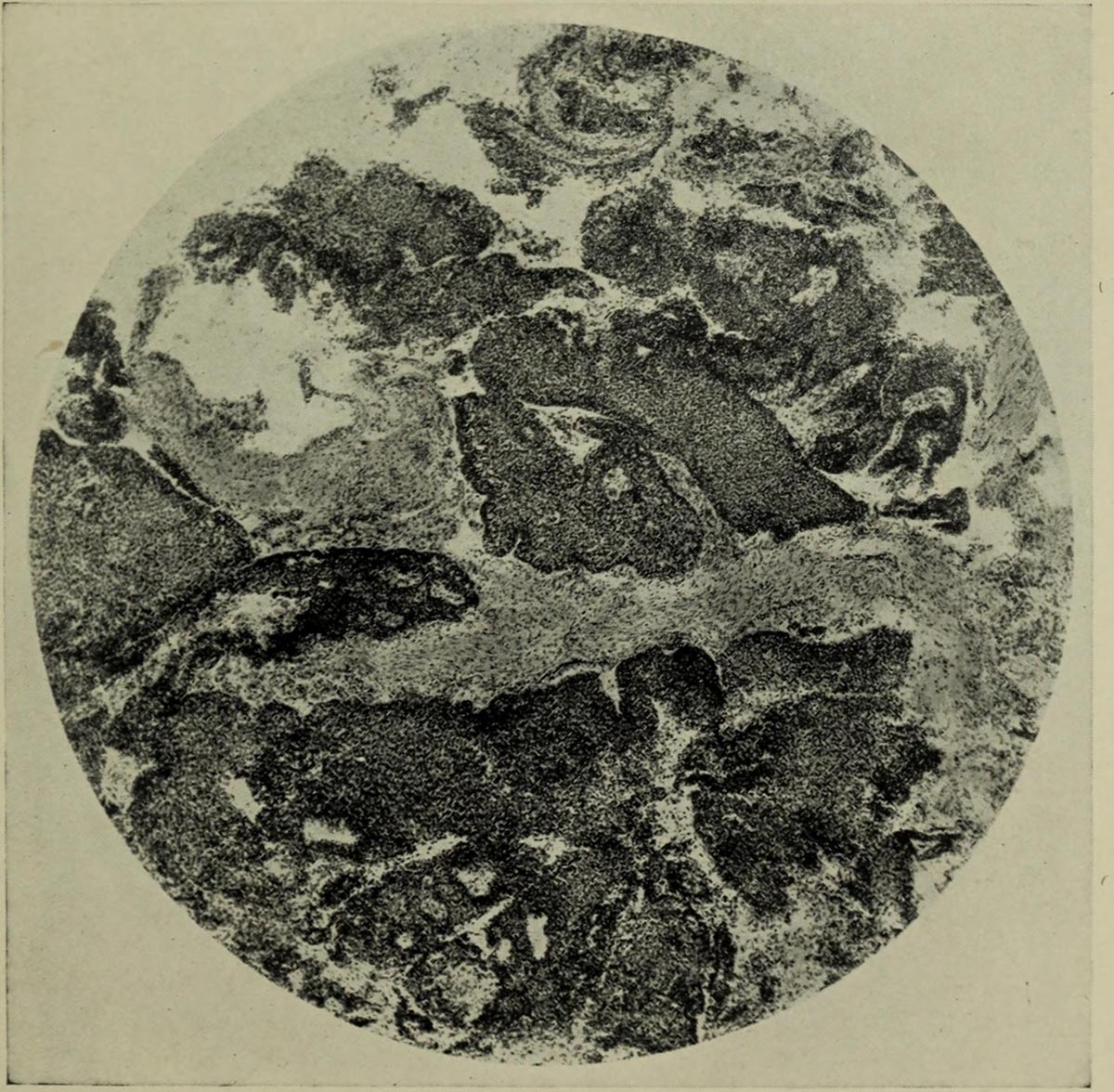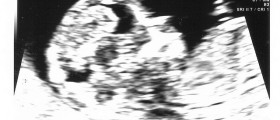
Implantation bleeding or implantation spotting occurs at implantation of the embryo in the uterus, typically during the third or fourth week after the last menstrual period. This process takes place as the fertilized egg attaches to the wall of the womb. During the implantation, the tissue around the fertilized egg burrows into the lining of the uterus, known as the endometrium. The purpose is to make a connection with the mother’s blood supply from the placenta, which is actually going to feed the growing embryo for the next couple of months.
Symptoms of implantation bleeding
Some women may experience slight bleeding or spotting during this phase. The spotting is typically pinkish or brown in color. Implantation bleeding tends to last anywhere from one to three days and it typically occurs just before the woman would normally get her menstruation. For most of the women, implantation bleeding is very hard to distinguish from normal menstrual spotting. However, some signs and symptoms may help to recognize the true nature of this phenomenon. First of all, implantation bleeding is usually very light and does not have the characteristic dark red color typical for menstrual bleeding. It usually occurs before the period is due, usually 9 days after the ovulation. Implantation bleeding lasts only for a short time and it doesn’t become progressively heavier as menstrual flow.
Knowing if you’re pregnant
HcG or human chorionic gonadotrophin is a hormone produced in pregnancy. The developing embryo makes this hormone after conception and later by the certain part of placenta. This hormone is important for the corpus luteum in the first stage of the pregnancy, since it regulates the secretion of the hormone progesterone. Progesterone is responsible for solid implantation of the embryo, as it builds up the uterus with a lining of blood vessels and capillaries, to sustain the growing fetus. The HcG is produced right after the conception, but its levels grow gradually, and they cannot be detected at the time of implantation bleeding. The hormone is present in the blood, and it plays its role in implantation, but it cannot be detected. Typically, the HcG levels are detected at least two to three days after the implantation. At least 15mIU for the blood test are indicative of pregnancy. For early urine test, HcG has to reach 25mIU, which typically occurs five days after the implantation. A woman should therefore, wait for a couple of days before taking a pregnancy test. It will most likely take 4 or 5 days for the hormone to be registered on a blood and urine test.

















Your thoughts on this
Loading...